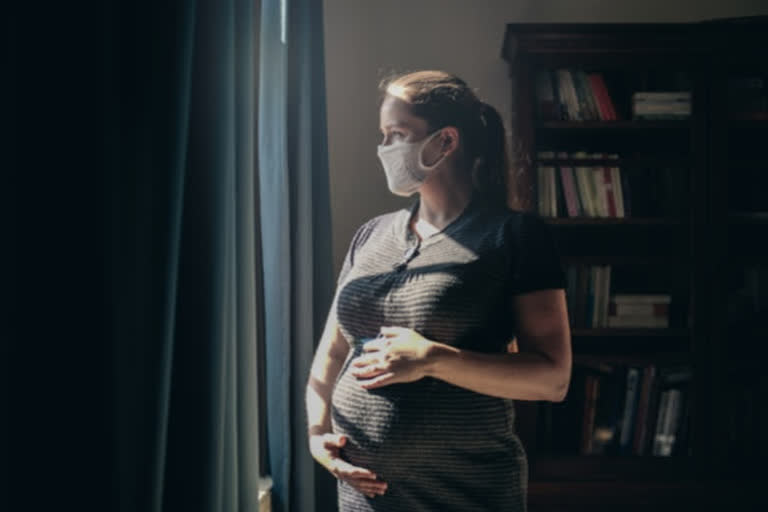London: Babies born to mothers with SARS-CoV-2 infection may have enhanced levels of immune cells known to be involved in rapid response to the viral infection, according to a study.
Researchers at King's College London looked at the immune system of 30 babies born to mothers exposed to SARS-CoV-2 at different stages of pregnancy.
The study, published in the journal Nature Immunology, found that babies born to mothers with recent or ongoing infection had enhanced levels of circulating mediators as well as increased percentages of cells known to be involved in rapid response to infection.
The ability of immune cells to make mediators was enhanced even in babies born to mothers who had COVID-19 earlier in pregnancy, the researchers said.
This suggests that infection in the mother has altered the immune system of the baby, they said.
The researchers also found that the mothers pass antibodies against SARS-CoV-2 to their baby through the placenta -- known as the transfer of passive immunity.
This was particularly evident if the infection was earlier in pregnancy, they said.
"This data highlights that the neonatal immune system can be affected by maternal state even in the absence of direct infection of the baby,” said Deena Gibbons from King's College London.
Also Read: Alzheimer's And COVID Share Genetic Risk Factor
"This opens up many avenues of research and suggest that other maternal factors may be capable of changing foetal immune system development," said Gibbons, the corrosponding author of the study.
Sarah Gee, first author of the paper and a PhD student at King's College London, noted that it will be interesting to know whether these immune changes allow the neonate to make better responses to subsequent infections after birth.
The study authors will be testing more neonates to see whether others may have specific responses to SARS-CoV-2 suggesting the transfer of the virus from the mother to the baby -- which does appear to be rare.
They are also looking at how maternal infection may be changing the immune system of the infant and how long these changes might remain.
PTI



